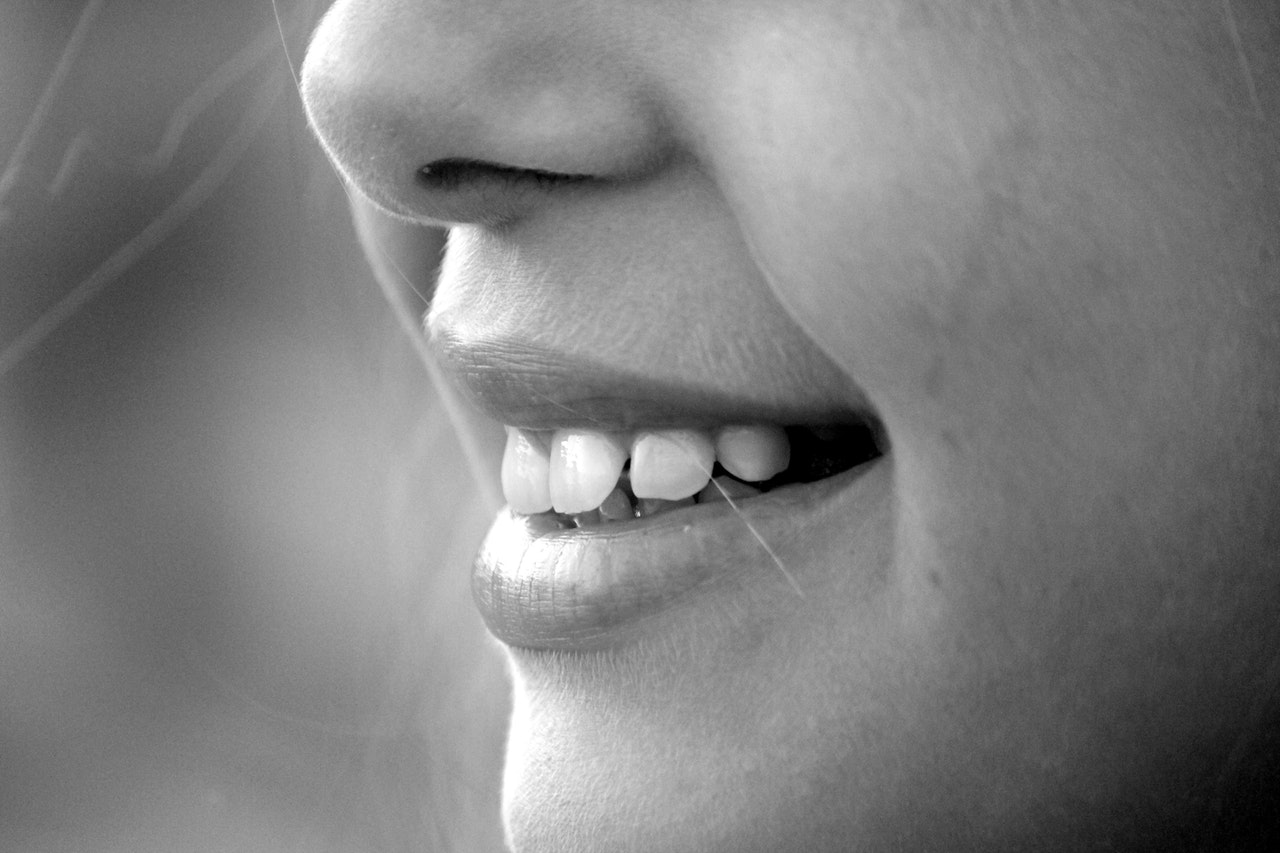When it comes to your teeth, everyone would prefer a smile that is healthy and looks good. Professional teeth cleaning and teeth whitening are both procedures that can help achieve these goals. But can you get the same results as whitening by having your teeth cleaned a few times? And does whitening offer any benefits to your teeth besides changing their color? When it comes to teeth cleaning versus whitening, what are the differences?
Teeth cleaning and teeth whitening are not interchangeable. They serve different purposes, yield different results, and have different price tags. Dentists agree that cleanings are essential while whitening is not. Let’s look at the differences between teeth cleaning vs. whitening and when to use each one.
Choosing Teeth Cleaning vs. Whitening on a Budget
Routine teeth cleaning is recommended to maintain healthy teeth and gums. Teeth whitening, on the other hand, is a cosmetic procedure that can improve the look of your teeth but has no health benefits. Depending on your goals, each has its purpose.
If you are on a tight budget, it may be difficult to justify the cost of a procedure that is purely cosmetic. Teeth cleaning may lighten teeth a bit, as well as protect them from decay. Each individual will need to weigh the value they place on whiter teeth with the cost.
It is important to remember that white teeth and healthy teeth do not always go together. A patient may have very healthy, cavity-free teeth that happen to be discolored. Likewise, a patient with a snow-white smile could, unfortunately, have serious tooth decay below the surface. Having your teeth whitened is safe and effective for a brighter smile, but it should never replace teeth cleaning.
Teeth Cleaning for Overall Dental Health
A healthy mouth, free of cavities and gum disease, should be a goal for everyone. Dentists recommend professional teeth cleanings every six months to maintain oral health. The technical term for the procedure is prophylaxis. During the procedure, a trained dental hygienist will use special tools to scrape plaque and tartar off the teeth. Plaque is a breeding ground for bacteria and acids that erode the enamel of teeth. When this outer shell wears away, cavities can form.
(Remember, professional cleanings are the only way to get rid of the plaque that’s missed with routine brushing and flossing. Routine teeth cleaning can prevent tooth decay, gum disease, and bad breath.)
Teeth cleaning alone, however, can’t get rid of all stains. In some cases, there is little or no change to tooth color. The more powerful chemical agents used in professional whitening achieve excellent results for almost every type of stain. When whiter teeth are a priority, it will be worth the extra time and money.
Teeth Whitening for a More Vibrant Smile
Teeth can be discolored by certain types of food and drink, smoking, medications, and health issues. Plaque can have a yellow tint, so a patient might see some brightening of their teeth after a routine teeth cleaning. But many people would prefer to see more of an improvement than what results from a typical cleaning. A desire for a whiter, brighter smile has created a multi-billion-dollar industry. Professional teeth whitening is one of the most requested dental procedures.
During a whitening procedure, the dentist will apply chemical bleaching agents to the teeth. It will usually take a series of appointments to reach the desired level of brightness. Some dentist will even supplement in-office treatment with “take-home” whitening trays for convenience.
Although teeth whitening is popular, it is not a necessity. Its importance depends entirely on an individual’s preference. A patient may feel embarrassed by their stained teeth. The whitening procedure can give them a boost in self-confidence. People in the public eye or in certain professions may see teeth whitening as a necessity. Maintaining a certain image is a priority and a dazzling smile may be part of it.
Teeth whitening is a purely cosmetic procedure without any health benefits. A patient should be careful that, in the pursuit of whiter teeth, they do not compromise their dental health. And although stains are not harmful by themselves—people can theoretically have stained teeth and perfectly health mouths—stains on the teeth are a common sign that a person is not brushing well enough.
Teeth Cleaning vs. Whitening: Weighing the Costs
Routine teeth cleaning plays an important role in keeping teeth and gums in good shape. Preventative care can save a patient money later on. A cavity that is prevented is a cavity that you don’t have to pay to have fixed. Also, if a patient has dental insurance, it may cover regular checkups and cleanings. Because teeth whitening is considered cosmetic, and therefore not essential to dental health, dental insurance may not cover it.
Cost is often a factor when a patient decides how to prioritize procedures. Many people feel that teeth whitening is worth any out-of-pocket costs they may encounter. The value placed on the results is an individual decision.
Teeth Cleaning vs. Whitening—A Matter of Priorities
For those who aren’t happy with the color of their teeth, teeth whitening is a popular option. Your dentist can give you the sparkling smile that you want to see when you look in the mirror.
It is important to your overall health to keep your teeth and gums free of decay and bacteria. Patients should always start with a regular teeth cleaning appointment, and then they can consult with their dentist about other whitening options. When it comes to your teeth, there are two objectives: Teeth that are healthy and teeth that look good. When you know the facts and examine your priorities, it is possible to have both.
Use our online tool to find a dentist near you to discuss these and any other dental health issues.


